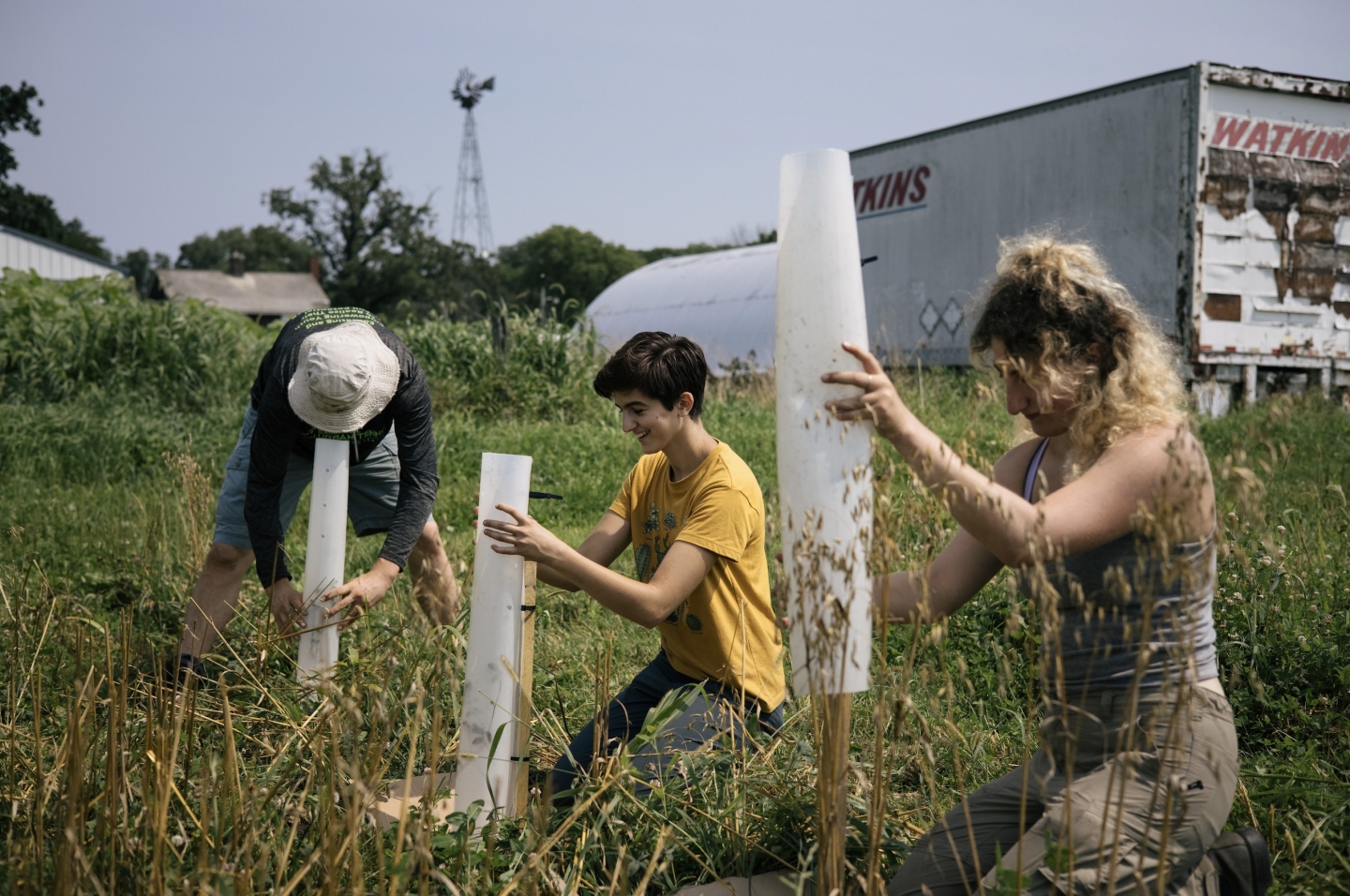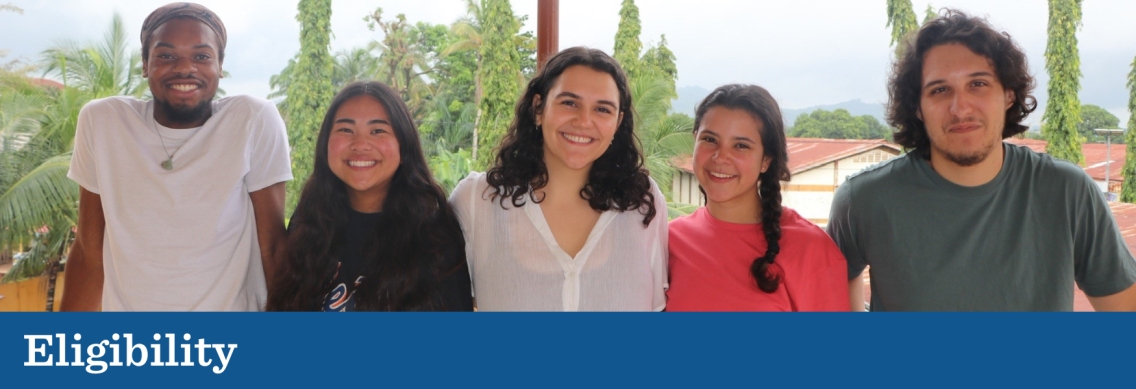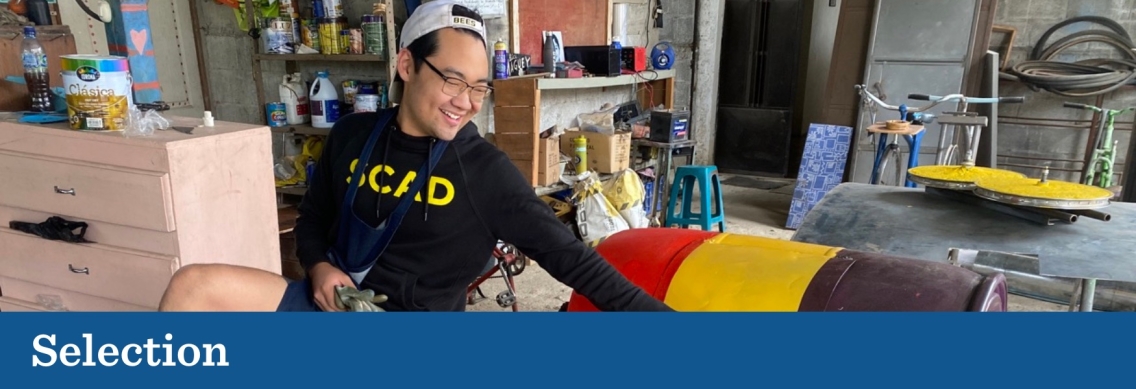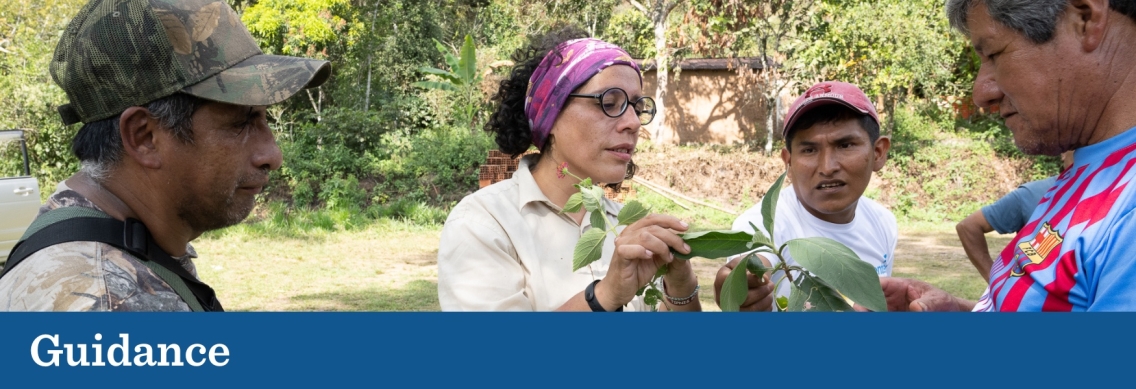
Summer Grants
Every year, 125 or more student leaders are each awarded $10,000 grants to implement a Project for Peace, typically between May and August.
The program encourages young adults to develop innovative, community-centered, and scalable responses to the world’s most pressing issues.
Along the way, these student leaders increase their knowledge, improve their skills, and begin to see themselves as agents of change.

Eligibility is strictly limited to students enrolled at one of our participating partner institutions.
- Students must be enrolled at one of our participating partner institutions at the time of application and nomination;
- U.S. or international students are eligible;
- Students may be of any age, any major, or any year in school: this includes seniors who intend to complete their projects in the summer after graduation.
- Students may implement the project alone or with others;
- The project may take place anywhere in the world, including in the U.S.
If you are a student at one of the partner institutions, please contact your institution’s Projects for Peace liaison to discuss eligibility requirements specific to your campus.
Click here for a list of current partners.

Each Projects for Peace partner institution has designated a Projects for Peace campus liaison to coordinate the Projects for Peace promotion, proposal review, and nomination process. They may also serve as mentors to applicants and grantees.
Most liaisons work with a selection committee who are responsible for identifying the institution’s strongest one or two proposals.
Final decisions are made by Projects for Peace reviewers, who take note of the following sections when reviewing proposals:
- Project summary: What issue(s) will be addressed? What approach(es) will be used? With whom will the grantee(s) work? What is the rationale for these choices?
- Background: What is your working definition of peace? What preceded this proposal in terms of personal experience, forming relationships, developing knowledge, and other preparation?
- Implementation: What plans have been made for use of funds, use of time, and contingencies?
- Anticipated Results: What are the potential short and long-term outcomes for participants, community collaborators, and grantee(s)? How will progress be monitored? How will the project contribute to peace?
We particularly welcome proposals that show evidence of the following:
- An innovative approach to the issue(s);
- Appreciation for and sensitivity to the context, communities, and/or cultures where the project takes place;
- Consideration of the dilemmas, challenges, or conflicts that may underlie the targeted issues or selected approaches;
- Consideration of sustainability and/or scalability of the approach;
- Critical self-awareness by the grantee.

Partner institutions are free to design an application and selection process appropriate for their students, however, proposal formatting and submission instructions must be followed.
Student applicants learn about any institution-specific requirements and deadlines by contacting the Projects for Peace campus liaison at their college or university.
Click here for detailed guidance and instructions.

